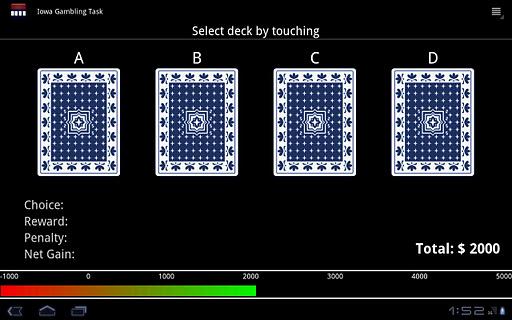Why Do People Enjoy Reality TV?
That which is real is irreplaceable. – Dolores Abernathy, from the TV show West World
After the last year, one of the last things we want from our entertainment (TVs, video games, phone screens, etc.) is a reflection of real life.

Indeed, since the pandemic began, researchers have seen a sharp rise in people’s desire for “escapism” entertainment: activities, shows, games, etc. that help people forget (or escape) the dreary world they live within.
So, why does “reality” TV remain so popular then?
Whether you really like reality TV, despise it, or fall somewhere in between, let’s talk a little about the psychology behind the appeal of reality television.
WHAT IS “REALITY?”
Since the late 19th century, our world has becoming increasingly commercialized. More products are being made for the masses, and technological advancements have made them all purchasable.
Because of this, people have increasingly started to feel that the world around them is artificial. And in response, people seem to possess a greater desire for genuine (or authentic) experiences.

So, enter the year 1992 and the start of reality TV: the premier of The Real World.
Although there were other kinds of programming at the time that could be considered “reality entertainment” (e.g., gameshows, radio specials), The Real World created a whole new genre of “reality” entertainment. And since then, there have been countless shows in this genre (e.g., Love is Blind, The Amazing Race, The Bachelor, Survivor, etc.)
Some of these series have more fantastical elements (like trying to survive on a desert island), while others depict more standard experiences (like remodeling one’s home). But in all cases, they have one thing in common: real people experiencing and reacting to conflict.
And it is these “everyday protagonists” on the screen that make reality TV so psychologically engrossing.
WHAT IS “REAL?”
In the first research to really study reality television, the authors made a surprising observation:
It is the uncertainty about what is real and what is fake in these show that drive interest in them.

Even the most devout reality TV fans recognize that it’s a TV show. Obviously, there are camerapeople. Obviously, there is some staging to the scenes. Obviously, the stars on screen are aware of both of these things and so there is some acting going on.
But it is exactly viewers’ uncertainty about what is real and what is unreal that makes these kinds of programs so engaging! Because viewers have to figure out what part of the show is reality and what part is television, viewers themselves are the ones who get to “create” (or determine) which experiences are authentic.

For example, when you watch a fiction program (Game of Thrones), you know everything is fake. If you watch real life television (CSPAN), you know everything is real. When you watch reality TV, you yourself determine what is real and what is fake. In other words, you are the one who gets to create and then experience authentic moments.
Moreover, because there are fake elements to the show, by contrast, the real (or authentic) moments feel even realer to you!
To decide what is real in the show, viewers constantly compare themselves to the protagonists on the screen. Would I do that? How would I respond? Thus, because viewers are constantly comparing themselves to these “everyday protagonists,” it further lends a sense of authenticity to those scenes.
In other words, viewers are both able to witness and place themselves within these authentic moments — moments we’re also desperate for in our increasingly materialistic world.
WHAT “IS?”

There are also plenty of other reasons that people find reality TV appealing. For example, reality TV is generally full of conflict and drama, which is a hallmark of good entertainment. However, there is another prominent reason that reality TV is so appealing: It allows people to take sides.
Are you team Hannah or are you team David? In reality TV, we often form “favorites” while watching. And just as a sports game becomes vastly more appealing when you want one team to win, so does reality TV become more appealing by giving you someone to root for (or root against).
Thus, reality TV remains a compelling form of entertainment, and one, counterintuitively, that lets us escape reality by letting us create authentic yet engaging experiences.
A Big Amazing Race Fan-ly,
Jake
Everyday Psychology: Beyond reality TV, there are plenty of other ways to have those authentic experiences that we all desire — experiences which reveal our “true” self or “true” emotions. In everyday life, we often feel confined by our circumstances or social expectations. So people seek out experiences where they can have true, unrestrained experiences, like going skydiving or traveling to foreign countries. In both instances, people are able to see how they would truly respond in these “true” moments. However, you don’t have to do something as extreme as either of these to have an authentic experience. Practicing mindfulness and focusing on being present and aware in social encounters are two common ways to help create authentic spaces.
Rose, R. L., & Wood, S. L. (2005). Paradox and the consumption of authenticity through reality television. Journal of Consumer Research, 32(2), 284-296.







